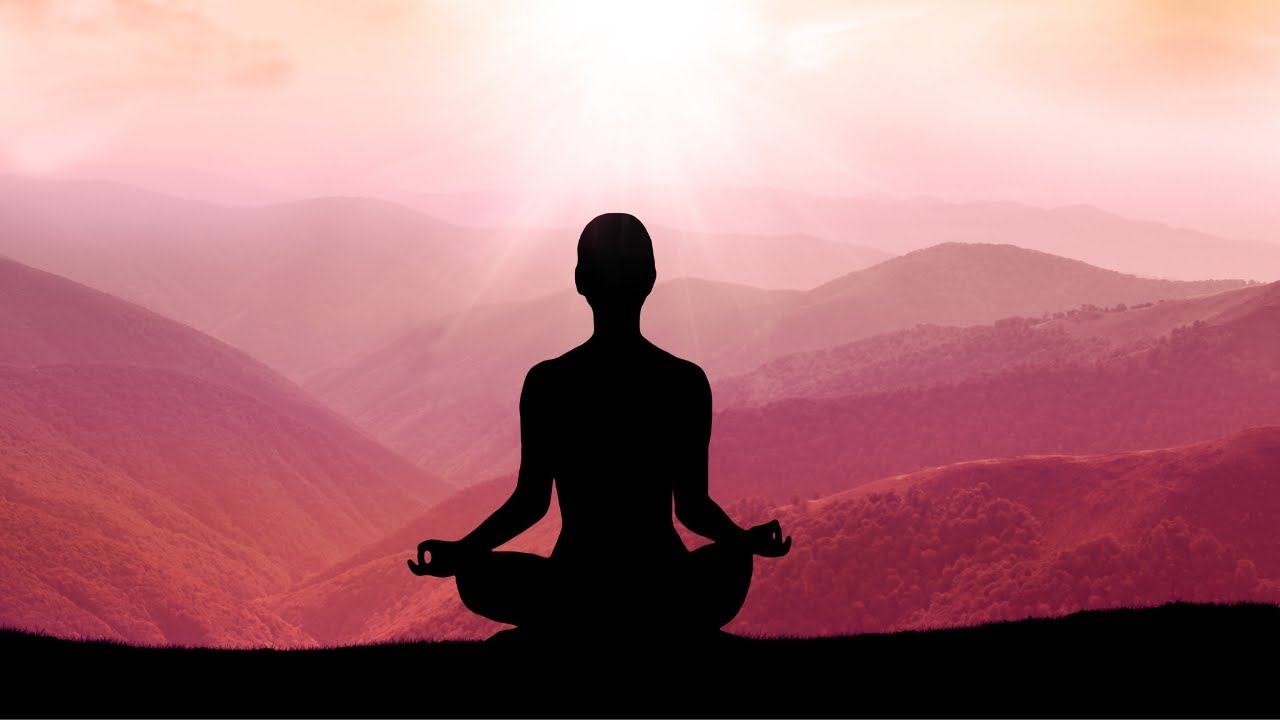
In the modern world, where the information flow does not stop for a second, and the rhythm of life dictates a constant rush, more and more people seek to find an internal support and resume harmony. An awareness is the response to this request - a practice that allows you to make contact with yourself, return attention to the present moment and develop stable, useful habits that help strengthen psycho -emotional and physical well -being.
But what is awareness in everyday life? This is not a fashion or a philosophical abstraction. Awareness is a skill that can be developed, like any other. This is a practice to be here and now, without running mentally to the past or future, noticing your thoughts, feelings and actions without condemnation. It underlies many habits that can transform life: from morning awakening to evening rest.
Awareness is the ability to observe what is happening with clarity, not involved emotionally, but simply accepting facts as they are. It allows you to look at itself and not through the prism of habits, anxieties or automatism, but from the position of the observer. This does not mean detachment or indifference - on the contrary, it is a conscious person who is able to feel deeper, act wiser and choose meaningfully.
Awareness can be developed through simple actions: to feel the taste of the morning drink, notice the movement of wind on the skin, hear the noise of the foliage, and focus on breathing. All this helps to return attention to the current moment, developing the skill to be "here and now."
Many aspects of a healthy lifestyle are directly related to the level of our awareness. For example, the habit of listening to your body, recognize the signals of fatigue or overvoltage, arises precisely due to attention to yourself. People who develop awareness, as a rule, know how to better cope with stress, more effectively distribute forces and restore after overload.
Awareness affects the quality of sleep, energy level, emotional stability, even how we eat and move. It does not require cardinal changes, it penetrates the fabric itself of everyday life, transforming relations with herself and the world around him.
The formation of the habit of awareness is a gradual process. He requires time, patience and goodwill to himself. Below are a few steps that will help to start the path:
Awareness does not necessarily begin with meditation. It can be a simple observation of breathing for two minutes, focusing when washing dishes, complete attention in the conversation. The main thing is regularity and sincerity.
Morning and evening rituals are a powerful tool. It can be five minutes of silence before the start of the day, recording thanks to the notebook before bedtime, a warm -up with attention to the sensations of the body. Such rituals become islands of stability and support.
Make a diary of awareness. Write down what you felt when you were really in the moment. What actions helped you focus? What emotions arose? This helps to identify personal triggers and incentives.
Small tips - stickers, notifications, bracelets - can gently return you to the present. For example, you can hang a “inhale” note from the mirror or put a pause ”on the phone.
Awareness is impossible without adoption. If it was not possible to be attentive today - this is not a failure, but part of the process. The main thing is not to condemn yourself, but with interest to observe how you are learning.
Often we believe that awareness is possible only in silence or solitude. But this is not so. It is easily woven into any actions:
This practice does not require separate time - it is embedded in life, as a habit of putting on a seat belt or brush teeth.
One of the simplest and most effective awareness tools is to observe breathing. This is an anchor to which you can return at any time. Several calm breaths and exhalations help to slow down, pull away from thoughts and return internal stability.
Observation of the body is another path to awareness. Do you feel tension in your shoulders? Are your palms calm? How are you sitting? These signals are not just physiology - this is the language of the body through which the psyche speaks to us.
Awareness helps to get out of the autopilot regime. We begin to distinguish which thoughts are repeated too often, which of them bear anxiety, doubts, tension. Understanding this is the first step to transformation.
With practice, we learn to look at thoughts as clouds - they come and go without becoming our definition. Instead of “I am tired and I can’t do it” appears: “I notice fatigue, I need time to restore.” Such thinking is not only harder, but also more effective.
Being attentive to ourselves, we become more attentive to others. A conscious person knows how to hear, notice the nuances, empathize without losing his own boundaries. In a relationship, depth, trust and openness appear.
The development of awareness helps to avoid impulsive reactions, to choose words meaningfully, to act with intention, and not from automatism. This improves not only personal, but also professional connections, makes communication cleaner and sincere.
Awareness is not a goal, but a path. This is not what is achieved once and for all, but that which develops every day, with every breath and every attentive look inside itself. It does not require super -power from us, but only the desire to be closer to itself - honestly, soft, deep.
Forming the habit of living consciously, we discover new horizons of perception for ourselves. We begin to appreciate simple things, to see beauty in everyday life, to be grateful and free. And this is precisely in this - health, strength and genuine harmony of life.


The comments on current events presented in this blog are thought-provoking. This is important when you read the comments, and after reading it, you see the view of different people on this topic.
Nicola Haines
05.20.2025This site is a treasure trove of information. The articles are written in an accessible form, and are easy to read. I am very grateful for the information provided.